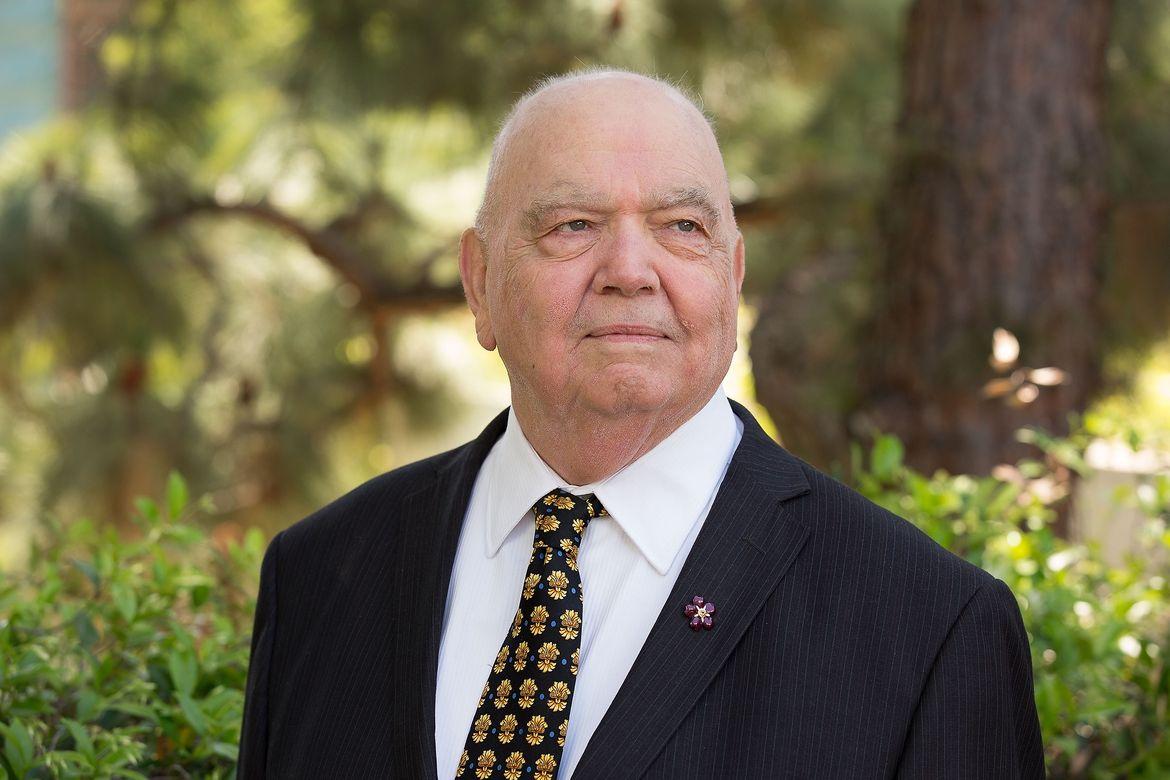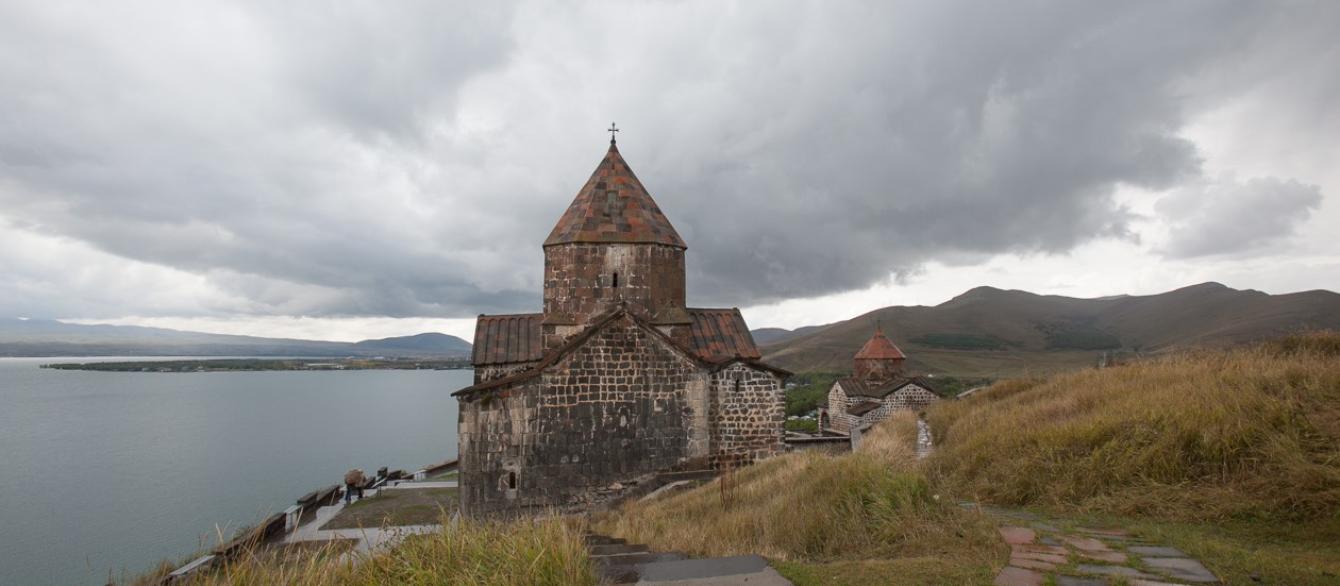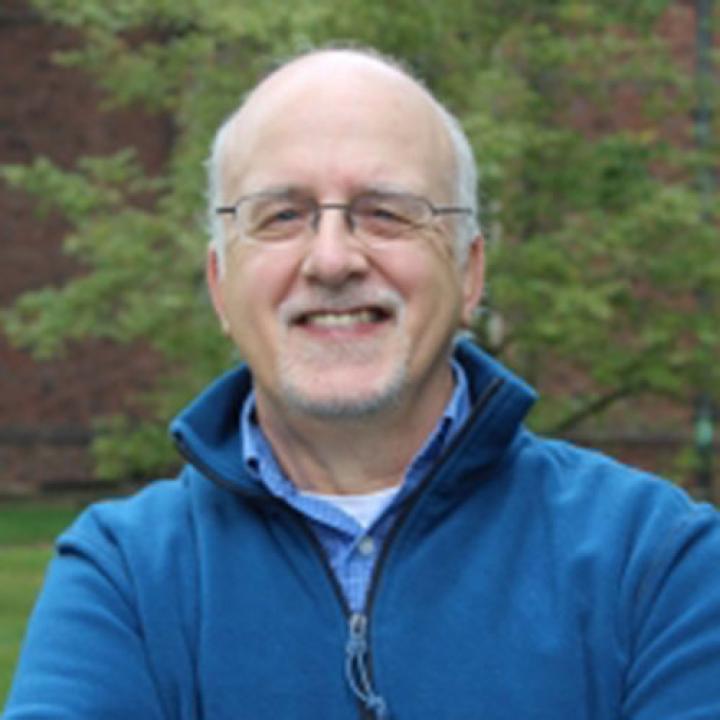Richard Hovannisian, one of the founding fathers of South Caucasus studies in the U.S., and a giant in the field of Armenian studies, died at the age of 90 on July 10, 2023. Hovannisian’s scholarly achievements are extraordinary. His legacy includes the Armenian Genocide Oral History Project, which he began at UCLA in 1969, presciently recording over 1,000 accounts by survivors of the 1915 genocide. (It now resides at USC.) His conference series “Historic Armenian Cities and Provinces” resulted in 15 edited volumes on the history and culture of Western Armenia and the Armenian diaspora. And then there are the scholarly works, such as his four-volume “The Republic of Armenia” (published between 1971 and 1996), an extraordinarily detailed exploration that leaves no archive untouched. As with all his work, these four volumes provide a lucid, accessible, and balanced assessment of the Armenian Republic (1918-20) and its place in the world following World War I. It is a masterpiece that any historian of the South Caucasus, certainly including myself, should treat as a model of scholarly balance in a region where partisan histories are often the norm. Richard ran the program in modern Armenian and Near Eastern history at UCLA for decades and he mentored, guided, and promoted students and scholars who are now teachers and professors of South Caucasian history throughout the world.

Richard Hovannisian, UCLA
Richard was an ecumenical scholar, deeply invested in preserving Armenian culture and history, but never a narrow defender of official narratives of Armenian history. He was critical when he needed to be, with an intellectual compass firmly focused on his concern for a democratic as well as an internationally secure Armenian state. Past president of the Society of Armenian Studies, he was also a founding member of the American Research Institute for the South Caucasus. He understood that Armenia’s fate was tied to the Caucasus region as a whole as well as to the broader world inhabited by the Armenian diaspora.
When I first started my own work on Georgia in the late 1970s, I soon found myself on the UCLA campus, welcomed by Richard as someone who might be able shed light on the complicated history of Armenian-Georgian relations. He, of course, knew far more than I did about the relationship between these two neighbors. He brought me to multiple conferences and events in California over the years, where I was introduced to the well organized Armenian diaspora, as well as to his family and his swimming pool! I won’t forget his simplicity and his generosity. Like all scholars of the South Caucasus, I treasure his knowledge of the region, which was so gently and modestly expressed to nervous young scholars like me in the 1980s and 1990s. Richard’s legacy to the field is truly exceptional and we will miss his warmth and especially those qualities of honesty and tolerance that he brought to his own scholarship and passed on to his students.






